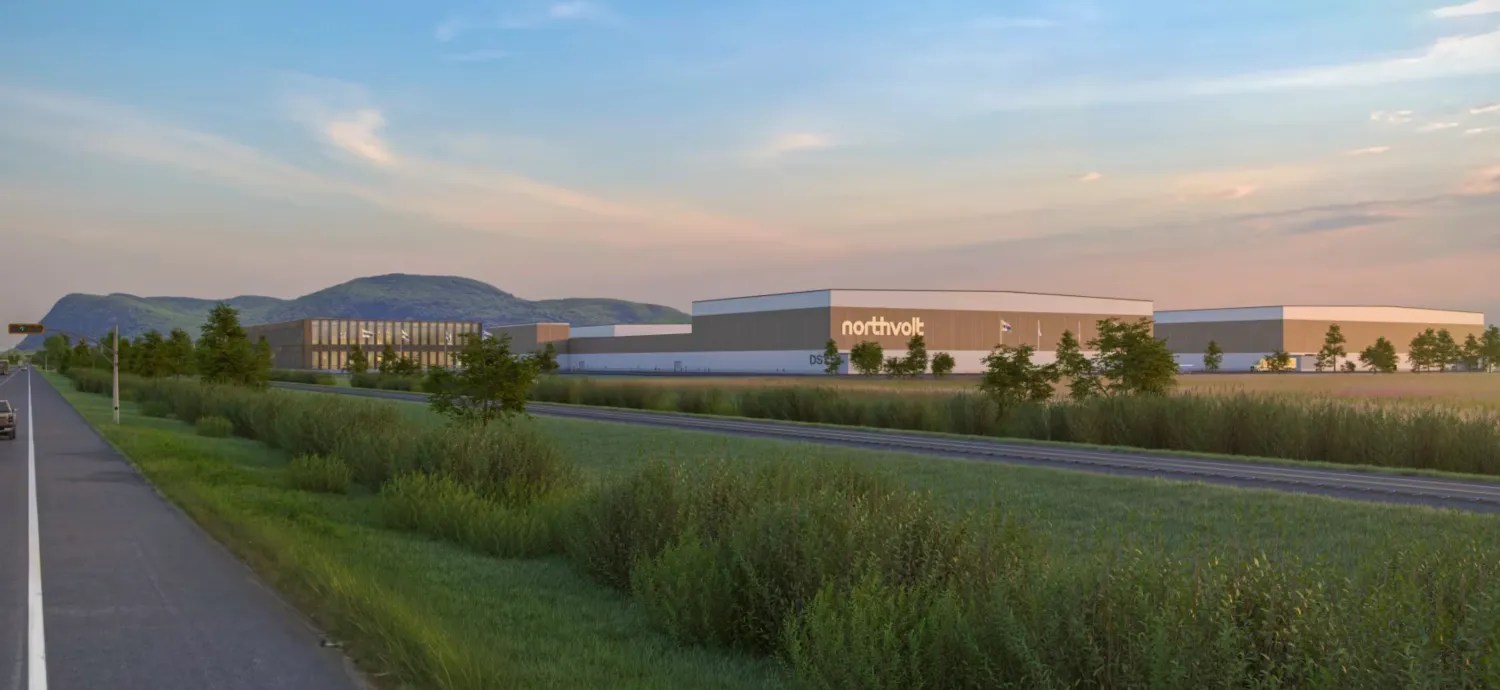
Northvolt’s planned site for a new battery factory site in Canada has been sabotaged by a group of activists.
Last year, it was announced that Northvolt, a Swedish battery manufacturer known for building large battery cell factories in Europe, would enter the North American market with a new 30 GWh battery factory in Quebec, Canada.
The factory is planned at a site between Mcmasterville and Saint-Basile-le-Grand, on the south shore of Montreal.
The project has received massive government support with the Quebec government contributing $2.9 billion and the federal government contributing $4.4 billion to the project.
This has resulted in significant blowback.
The Centre québécois du droit de l’environnement (CQDE) has filed an injunction to stop the project over “concerns for the biodiversity” at the site, which they believe is an “habitat for many threatened or vulnerable animal species”.
The injunction process was started last week as Northvolt began removing trees at the site.
The first audience was scheduled for this morning, but it was pushed to tomorrow.
Top comment by Reedman Bassoon
I remember back-in-the-day in Northern California activists would "spike" trees so that when trees were cut for lumber, it would damage/destroy the saws in the lumber mills.
Separately, a group of activists sabotaged the site of the upcoming factory last night. They installed steel bars and nails in trees to prevent deforestation machines from working at the site. Northvolt confirmed the sabotage.
Quebec publication La Presse said that it received an anonymous message from the people behind the sabotage. They claim to have “armed the forest” to protect itself in a way that won’t damage it.
They wrote:
“While having minimal impact on tree health, these metal objects hinder the cutting of trees by heavy machinery.”
As for the reason behind the act of sabotage, the group seems to share the concerns of the environmental group that went through the legal process, but they also denounce the Quebec government’s contribution to the project, which they see as supporting “automobile culture” while public transport in the region is having funding issues.
FTC: We use income earning auto affiliate links. More.





Comments